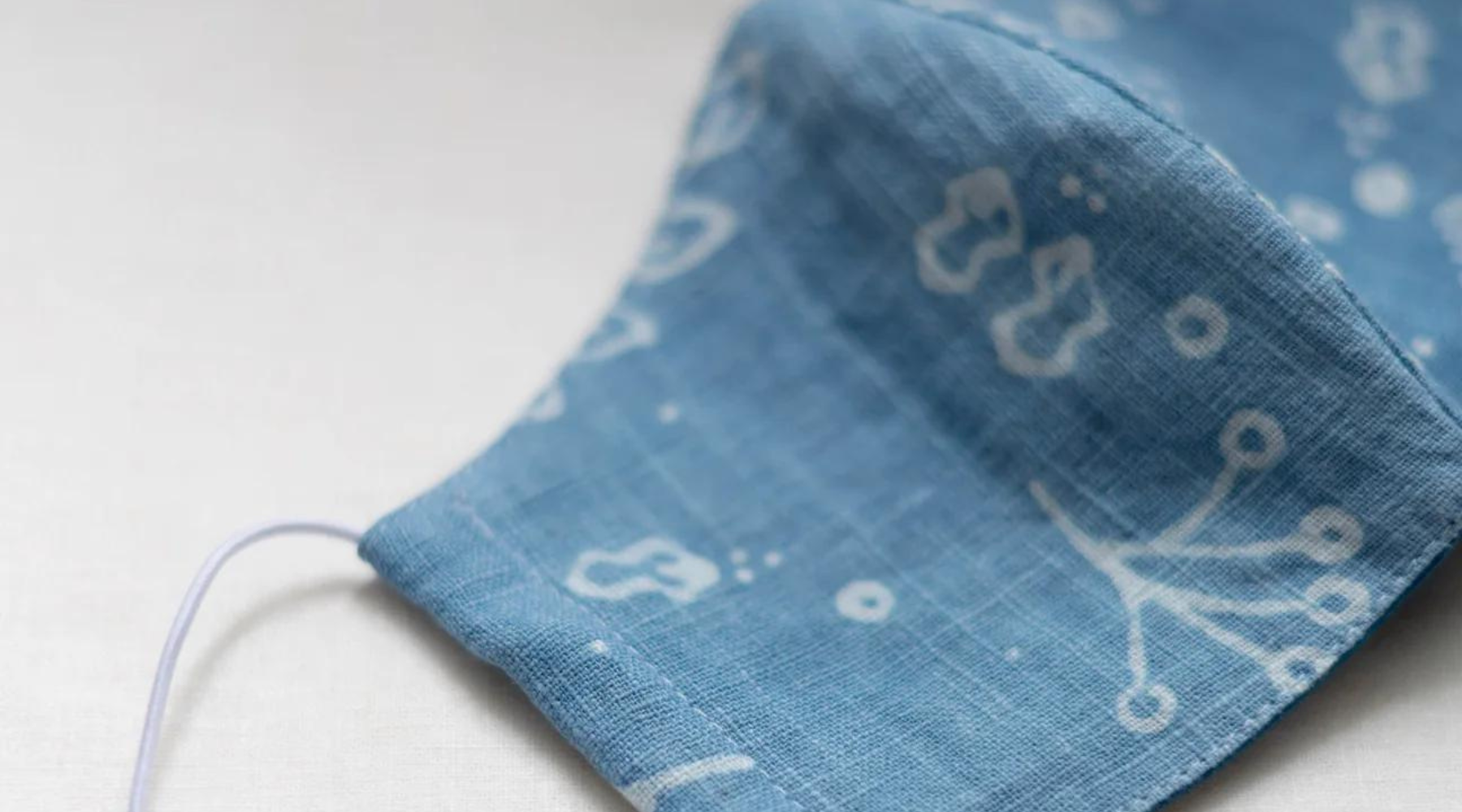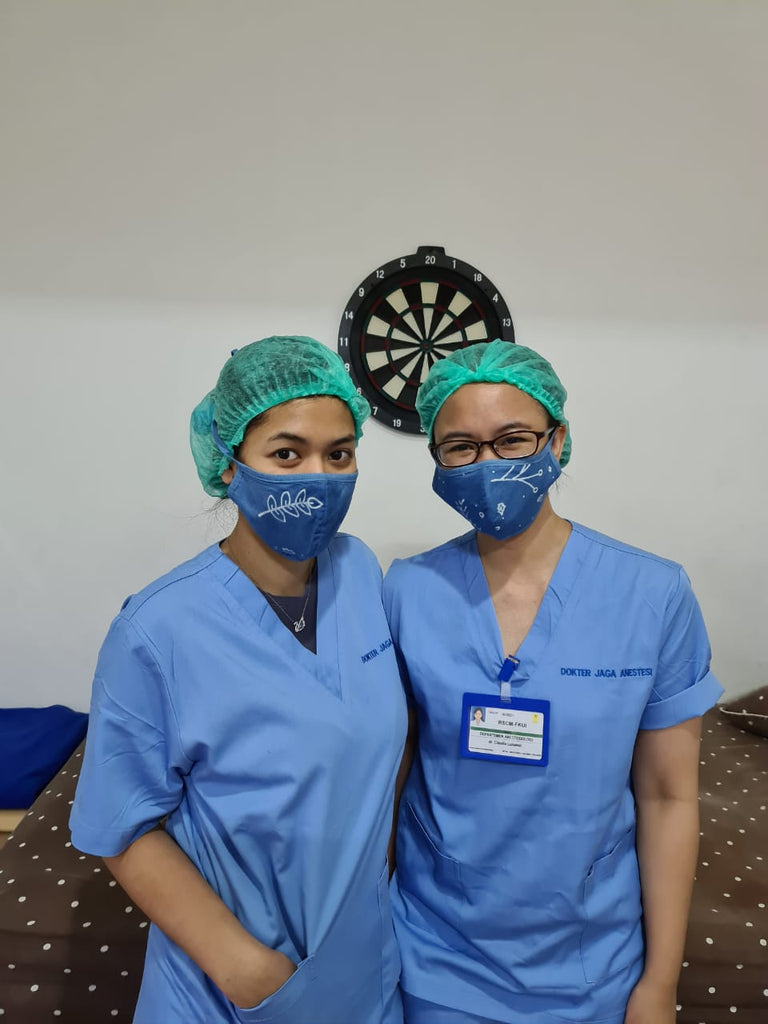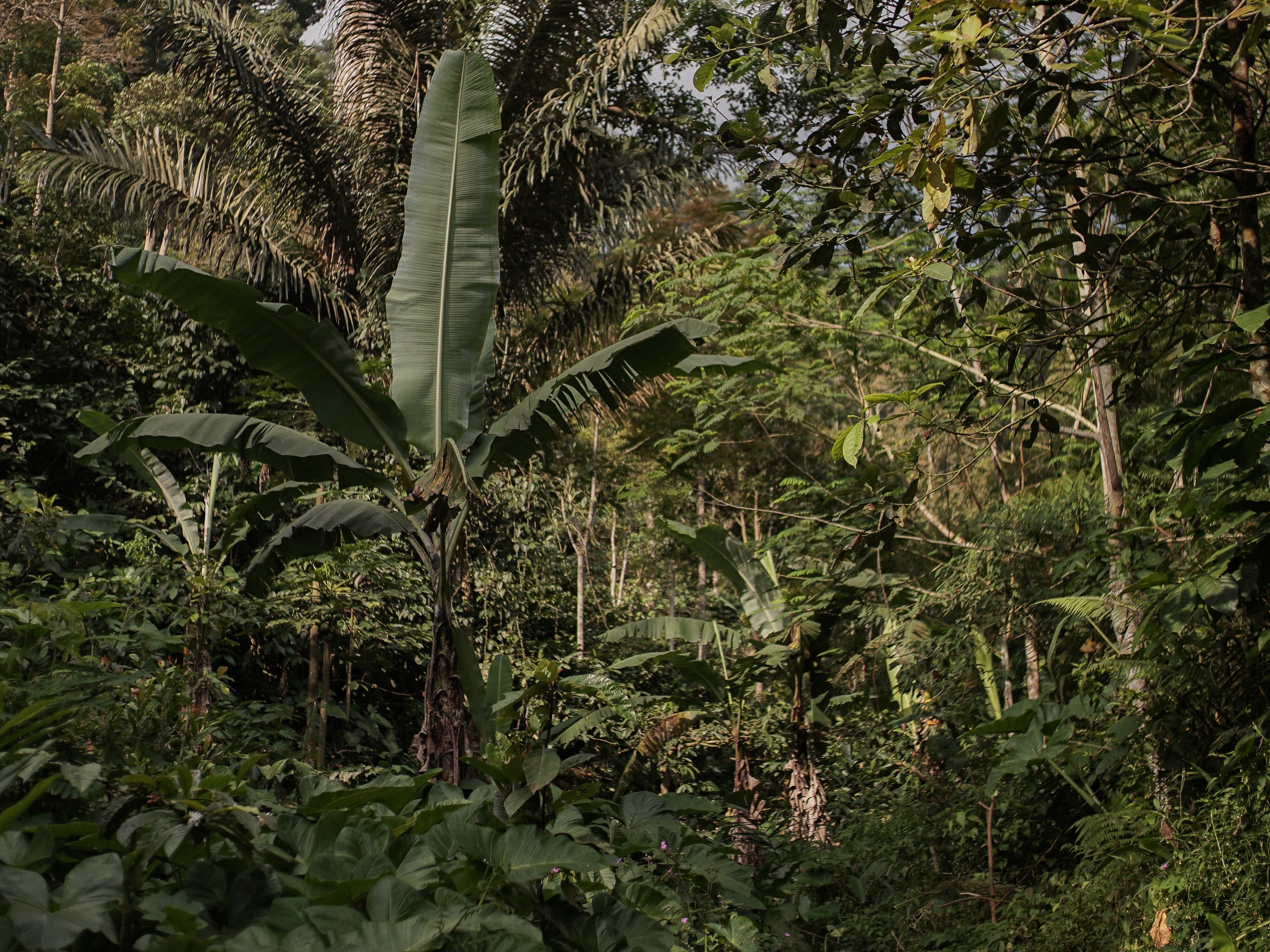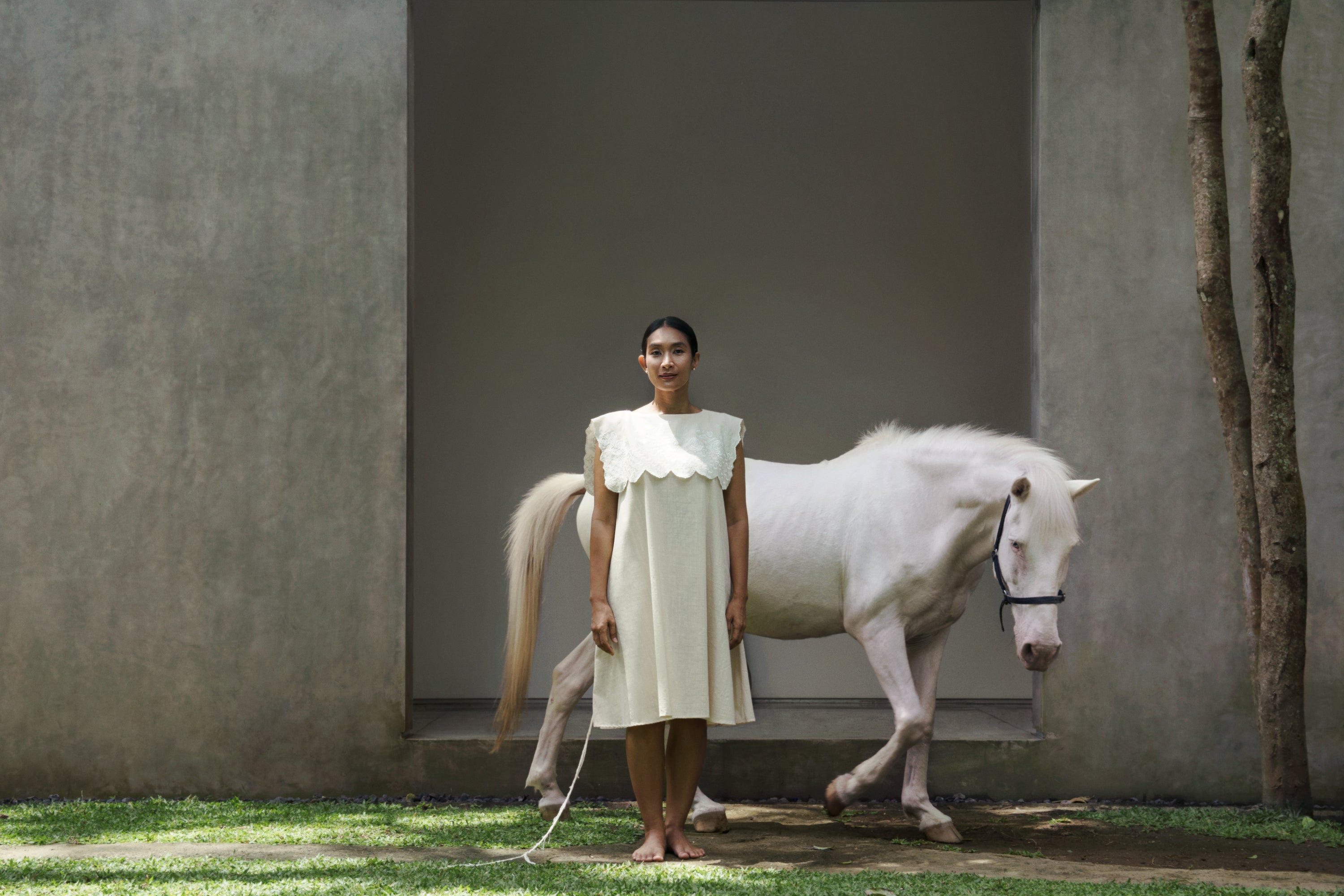
It started with a heartbreak.
Working with villages directly, I knew from the very beginning that our Ibu-Ibu (Indonesian for ‘mothers’) will be one of the most vulnerable communites in this crisis. Our first step to support them was to close and turn our schools (Rumah SukkhaCitta) into a community safehouses on March 15th, stocking up basic supplies such as rice and oil so our artisans don’t have to leave their villages as often.
But only a few days later, the news hit: They called me to tell me that their husbands, along with many in their village, had been let go from the factories where they had worked. In 1 day, our Ibu-Ibu became the sole provider for their families. So in Jakarta, our team started working around the clock to figure out ways to keep them both safely at home and in work.
I was actually advised numerously to hibernate. Skip any production this year, save the money and reopen next year. But what would that mean for our artisans? Sitting things out was out of the question. We are not a big company. Our margins are tight, which means we don’t have the option to go on flash sales like most fashion brands. But still - thanks to the amazing support of our community and the creativity of our team - we've managed to find ways keep all our artisans in work at full pay.
Hibernating is not even an option for me, as now even more than ever, our artisans need us.
But the story of our artisans' husbands was only the beginning. The calls kept coming in. News of middlemen pushing down prices from artisans ‘because things are hard’ became more widespread. But perhaps the most heartbreaking to me was having women, neighbors of our artisans, come by Rumah SukkhaCitta. They were not asking for aid. They wanted work – any work. With each call, my heart broke a little more. It kept me awake at night, thinking of how we could help.
I knew we'd have to push the envelope when it comes to innovation. For 4 years, I’ve built impact directly into our supply chain. That meant that embedded in each of our products, is a solution that provides a direct relief for the most marginalized. Now was not the time to retreat but to stand firm and fight so these women - like our artisans - have the chance to work and earn a living wage.

For 4 years, I’ve built impact directly into our supply chain. That meant that embedded in each of our products, is a solution that provides a direct relief for the most marginalized. I knew then we had to do more. And the Hope Mask was born.
As it happened, we were in the process of finalizing a mechanism for our Mask Donation. It was then that I decided to pivot the production from our seamstresses in Jakarta to these women who came to us looking for work. We equipped them with the necessary tools, created a simple tutorial for one of our basic motifs (in this case, TUMBUH) so they can make the fabrics at home. We also worked with our farming group to continue foraging natural dyes. Afterwards, the fabrics are passed to another group of women who received our microcredit last year to purchase stitching machines.



The first batch of 1,000 masks were made this way. They were donated to last mile community health centers in Jakarta and Tangerang (see the full list here). In total, this small project provided work for 14 women - and of course our farming communities. Like the new leaves that they drew, the opportunity to work provided them with a new hope.

I hope that when you wear them, you will remember this little story.
I hope that you will feel connected with the Earth and all the hands that brought it life. Of all the hope it gave in this difficult time.
With so many of our lives turned upside down already, I want to thank you for taking the time to read this. Stay safe, stay kind. We're in this together, as we've always been.




